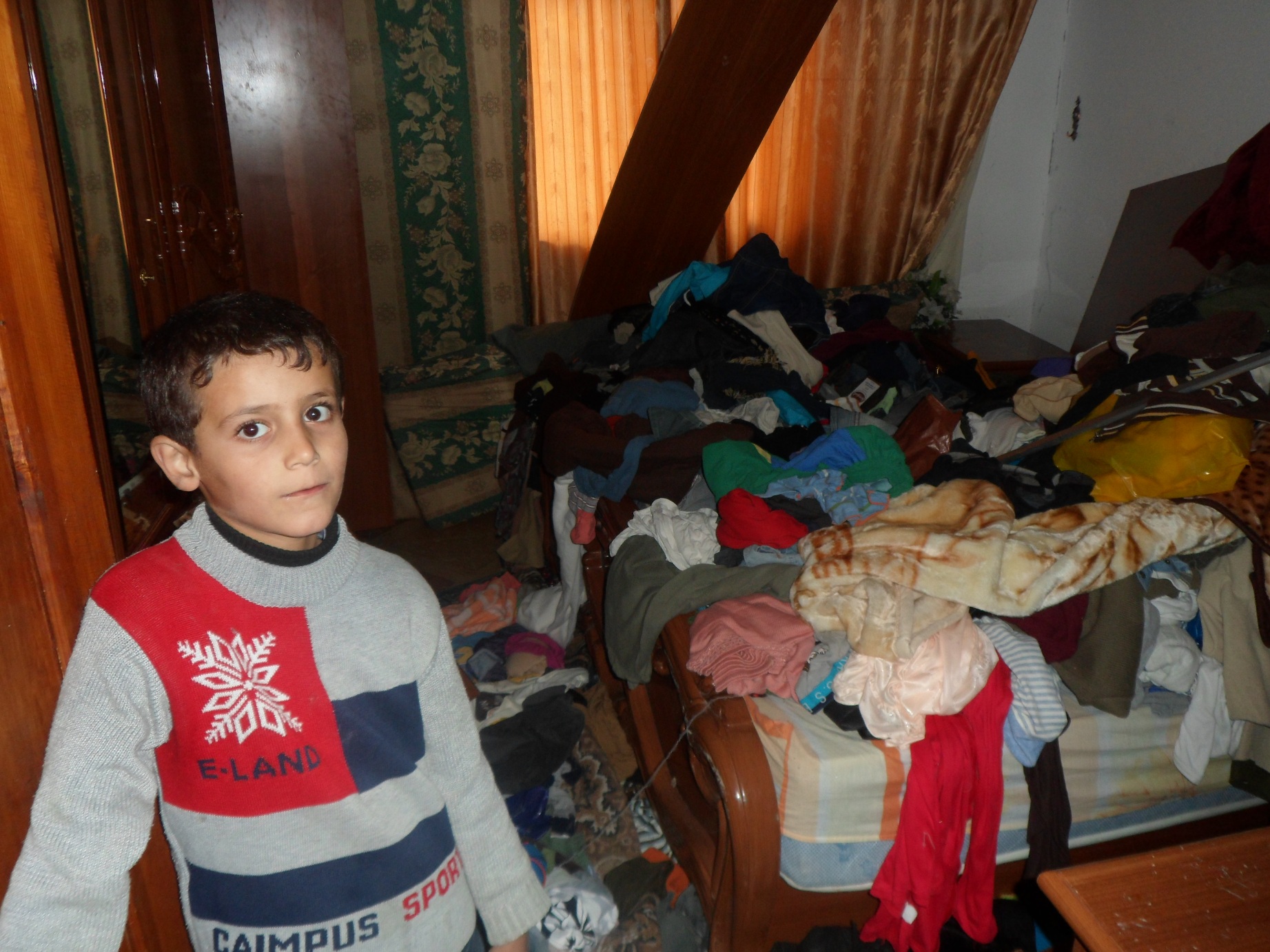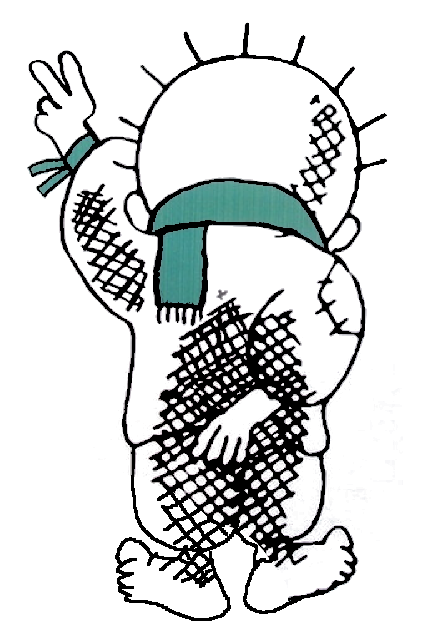Category: Press Releases
-
500 Israeli soldiers ransack homes in Burqa
06 December 2012 | International Solidarity Movement, Burqa, Occupied Palestine Around 500 Israeli soldiers invaded the village of Burqa, north-west of Nablus, in the middle of the night, ransacking homes and causing damages amounting to thousands of euros. Soldiers arrived in over 30 military jeeps at around 1:00 am and broke into 36 houses where…
-
One Voice in Gaza: normalization at its best!
5 December 2012 | The One Democratic State Group, Besieged Gaza, Occupied Palestine It has come to our knowledge that One Voice, “an international grassroots movement that amplifies the voice of mainstream Israelis and Palestinians, empowering them to propel their elected representatives toward the two-state solution” has started recruiting youth from The Gaza Strip. This…
-
Israeli army demolishes mosque in al Mufaqarah, South Hebron Hills
4 December 2012 | Operation Dove At-Tuwani – On Tuesday 4 December at 6.30 am, two bulldozers together with a Border Police vehicle, four District Coordination Office (DCO) vehicles and five Israeli army vehicles arrived to the Palestinian village of al Mufaqarah, and demolished the mosque. The mosque was already demolished by the Israeli army…



